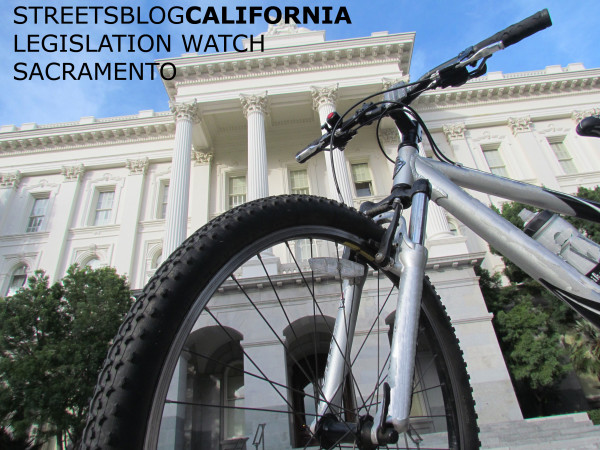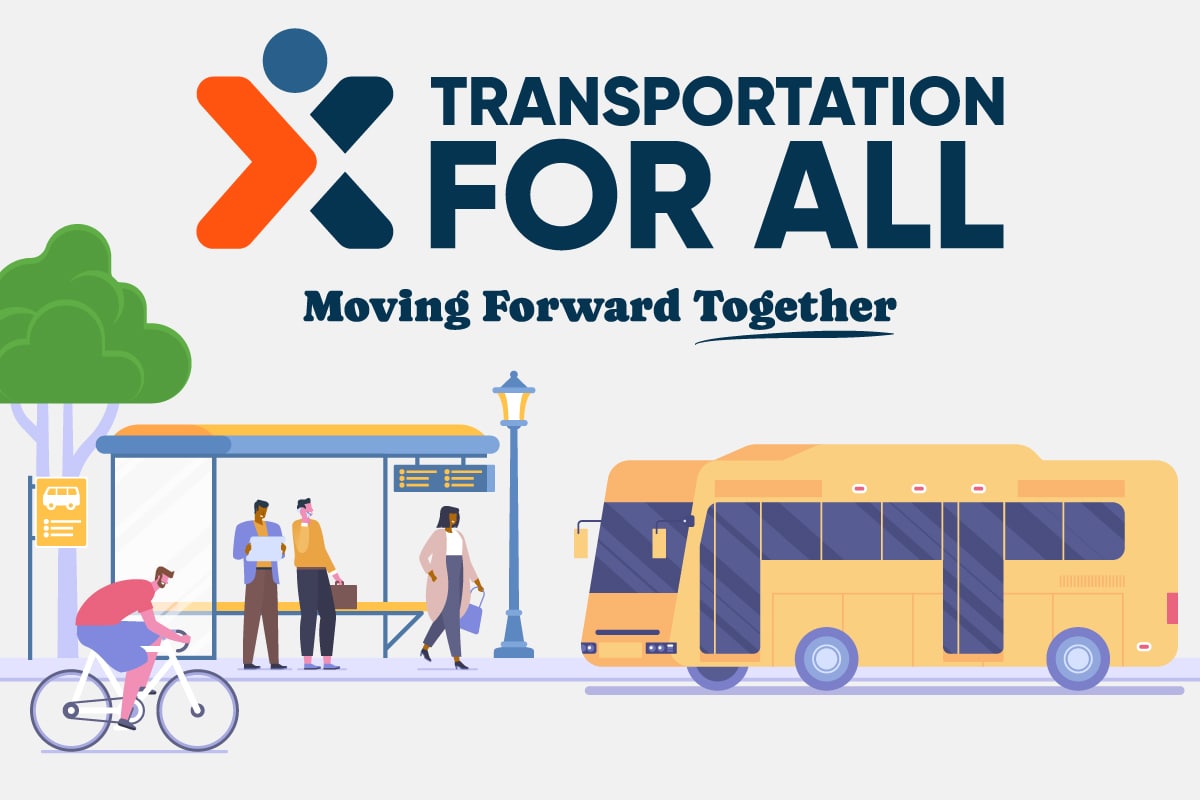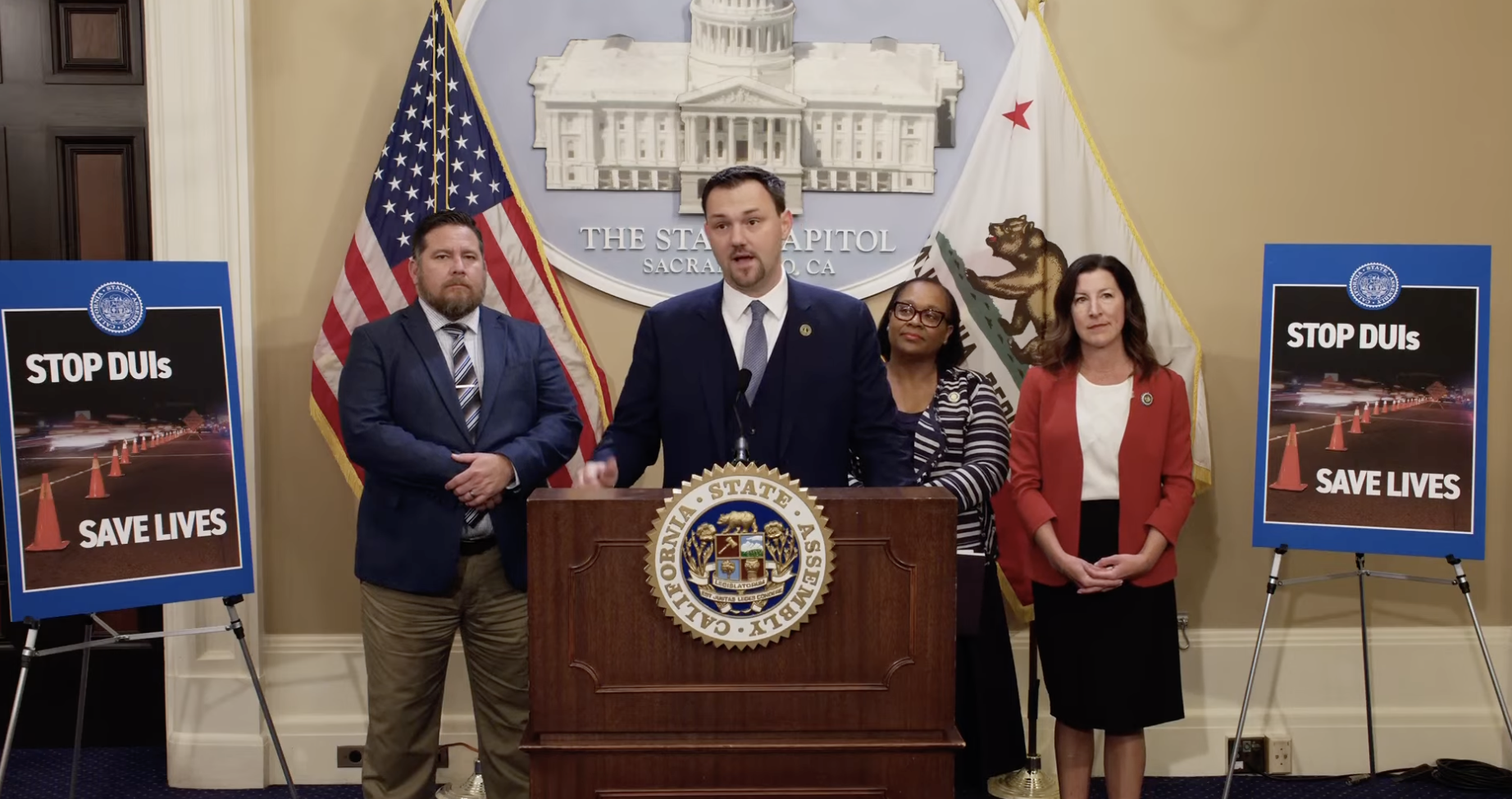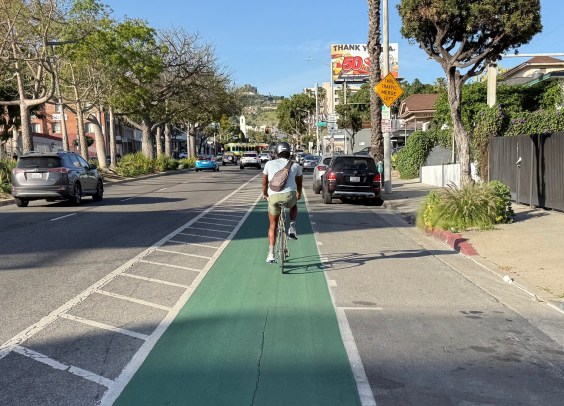As Friday's deadline approaches for bills to either be passed from their legislative house of origin or die, the halls of the capitol in Sacramento are getting hectic. Here is some of what has transpired in relation to sustainable transportation issues:
Representation on the California Transportation Commission: A.B. 179, a bill that would require one commissioner on the CTC to have worked directly with communities “significantly burdened by” pollution, passed onward to the Senate. All the Assembly Democrats voted yes, except for Transportation Committee Chair Jim Frazier, who has remained opposed to the idea since he squashed the same bill last year, calling disadvantaged communities a “special interest.” The bill has been significantly amended since it was introduced, and references to other training and experience requirements for commissioners has, unfortunately, been deleted. So too was a provision that would have created an Environmental Justice Advisory Committee to assist the CTC. A similar bill, A.B. 174 from Assemblymember Frank Bigelow, that would require representation on the commission for rural counties, also passed earlier this month.
Free or discount transit passes for youth and students: A.B. 17 from Assemblymember Chris Holden moved onward. It has been amended to be a pilot program that will support only new, or the expansion of existing, transit pass programs. It passed to the Senate floor on a 71-4 vote.
Revising and clarifying greenhouse gas emission reduction targets: S.B. 150, from Senator Ben Allen, is a deeply wonky attempt to bring some accountability to S.B. 375, which required the state's metropolitan regional planning organizations (MPOs) to make plans to reduce greenhouse gas emissions. While a good start, the goals of S.B. 375 have proven elusive; MPOs have little direct control over local planning that contributes to more driving, for example, and complain that they can't be held responsible for their region's GHG emissions. S.B. 150 would require MPOs to set emission reduction targets that match state targets, and to issue regular reports on how they are doing in reaching those targets. It would also require better measurement of vehicle miles traveled, and how much a region's goals are being met through reduced driving. It's a very tiny step towards a key climate change goal, and it's been hard fought all the way. Nevertheless, it passed on the Senate floor on a 26-13, party-line vote and now goes to the Assembly.
Next week budget deliberations begin in earnest, so stay tuned as details emerge about how the new transportation funding bill will be allocated. And as a reminder, some of the bills Streetsblog has been tracking had the following fates:
Passed:
- S.B. 672, which would extends existing law requiring traffic-actuated signals to be able to detect bikes and motorcycles passed to the Assembly on May 4 with a unanimous vote.
- A.B. 1218, providing a CEQA exemption for bike plans and projects, passed to the Senate at the beginning of May.
- A.B. 390, which would allow pedestrians to cross the street during a pedestrian countdown signal, passed to the Senate a few weeks ago.
The following bills have been made into two-year bills, meaning they will wait in the wings for now but could be revived next year:
- S.B. 760, which would make certain requirements to ensure that Complete Streets concepts are included in all state transportation projects
- A.B. 694, which would clarify that it is legal for bicyclists to ride next to each other
- A.B. 1103, which would allow bicyclists to treat stop signs as yield signs
- A.B. 342, which would have created a pilot program to use Automated Speed Enforcement cameras in San Jose and San Francisco






